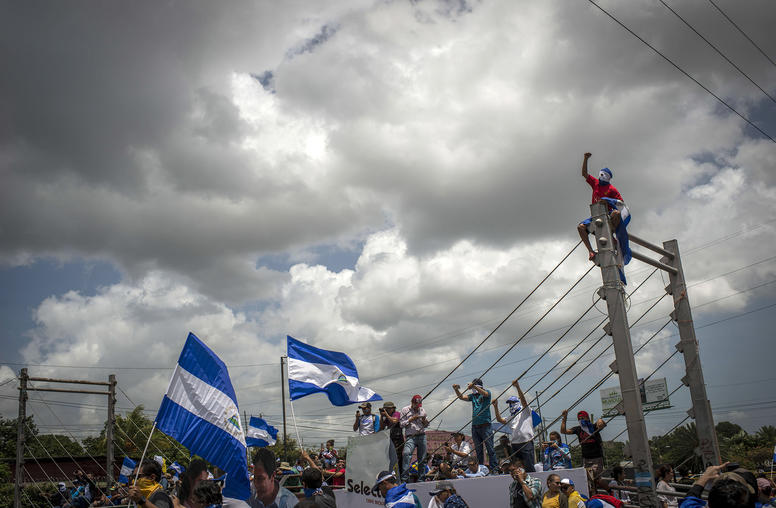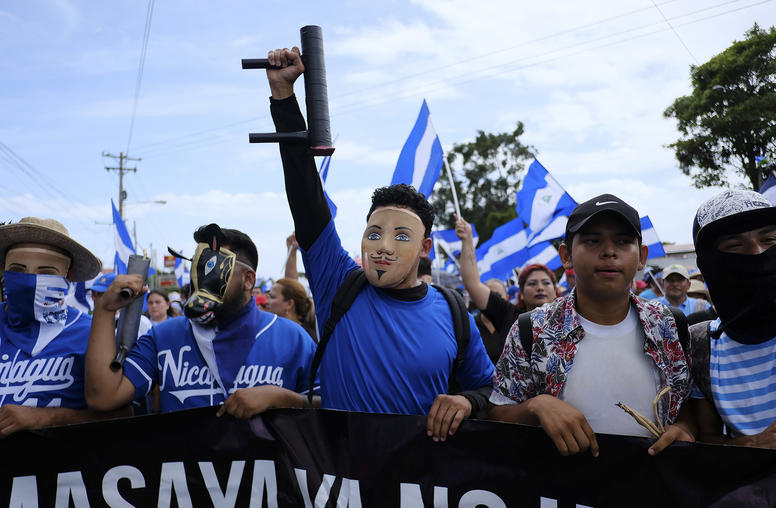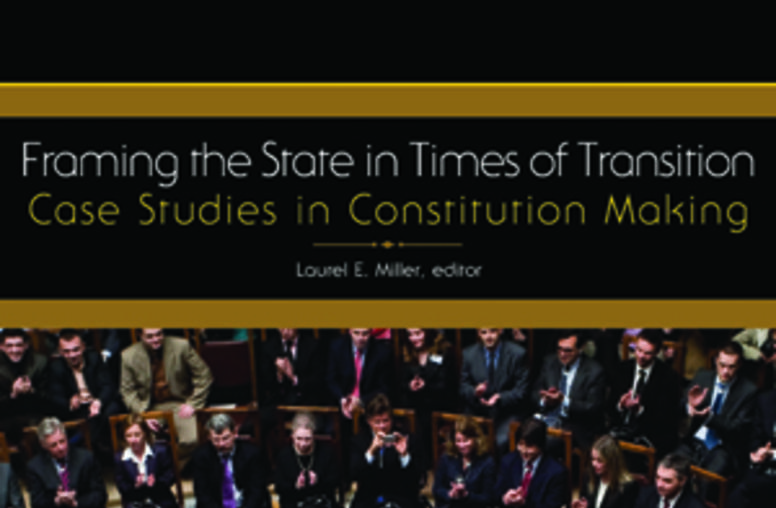Publications
Articles, publications, books, tools and multimedia features from the U.S. Institute of Peace provide the latest news, analysis, research findings, practitioner guides and reports, all related to the conflict zones and issues that are at the center of the Institute’s work to prevent and reduce violent conflict.

¿Es irreversible el descenso de Nicaragua a una dictadura?
Después de reclamar una victoria decisiva en las elecciones del 7 de noviembre, Daniel Ortega, quien ha estado en el cargo desde 2007, ahora podría liderar Nicaragua hasta 2027, convirtiéndolo en el gobernante con más tiempo en el poder en toda América Latina. El gobierno sandinista aseguró su victoria reprimiendo cualquier disidencia y arrestando a decenas de opositores al régimen. Para Estados Unidos, contrarrestar la corrupción y la represión en Centroamérica es un desafío no solo en estados hostiles como Nicaragua, sino también entre antiguos aliados como El Salvador, Guatemala y Honduras.

Maria Stephan on Today’s Nonviolent Movements
In the last two months, dictators in Sudan and Algeria were forced to step down because of popular pressure, demonstrating the power of nonviolent resistance to movements in places like Nicaragua and Venezuela. “When large numbers of people engage in various forms of noncooperation … that is where the real power of nonviolent resistance comes from,” says Maria Stephan.

How Can Nicaragua’s Opposition Achieve a Breakthrough?
Only a few months ago Nicaragua was a spectator to the turmoil in Guatemala, Honduras and El Salvador that has led to a massive exodus of families seeking refuge by traveling north. Sadly because of the current tumult in Nicaragua, a new refugee crisis could be on the way. To prevent further escalation, the opposition and the Catholic Church should loudly and strategically embrace nonviolent discipline.

Framing the State in Times of Transition
Analyzing nineteen cases, Framing the State in Times of Transition offers the first in-depth, practical perspective on the implications of constitution-making procedure, and explores emerging international legal norms.